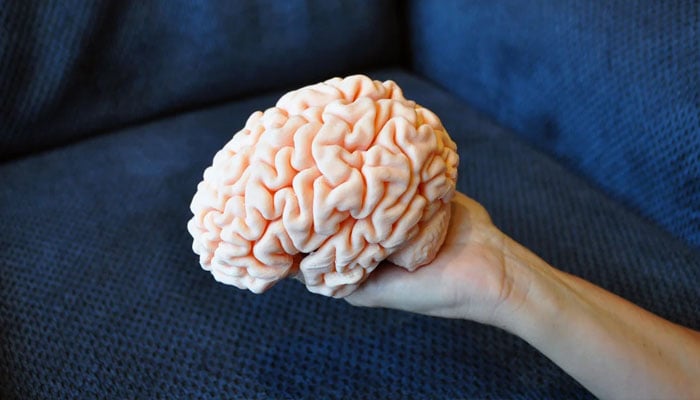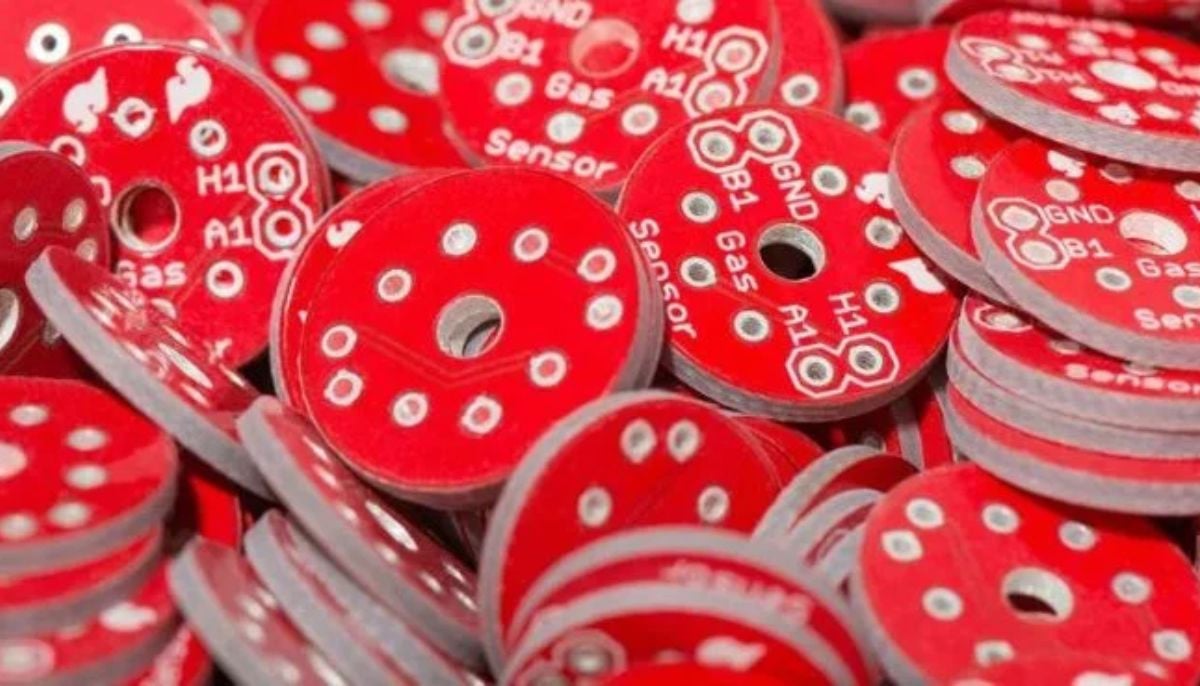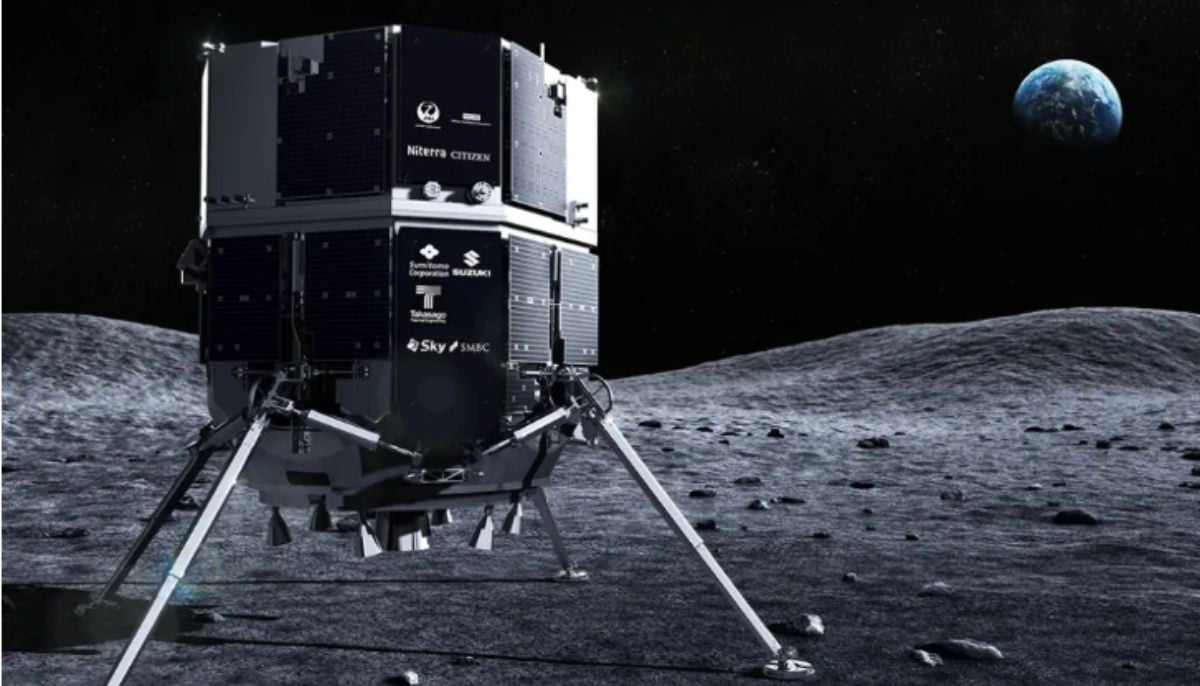Scientists create first ever 3-D printed brain tissue
This is major achievement in search for cutting-edge treatments for neurological and neurodevelopmental problems
In a remarkable scientific victory, scientists have created the first 3D-printed brain tissue that functions similarly to natural brain tissue, Wion News reported.
This is a major achievement in the search for cutting-edge treatments for neurological and neurodevelopmental problems.
Additionally, this will have a significant positive impact on scientific research projects that are specifically targeted at treating a wide range of neurological and neurodevelopmental illnesses, including Parkinson's and Alzheimer's disease.
Professor of neuroscience and neurology at the Waisman Centre at the University of Wisconsin, Su-Chun Zhang, said: "This could be a hugely powerful model to help us understand how brain cells and parts of the brain communicate in humans,
"It could change the way we look at stem cell biology, neuroscience, and the pathogenesis of many neurological and psychiatric disorders."
Scientists developed the brain tissue by positioning brain cells in the 3D player with neurons grown from induced pluripotent stem cells in a softer "bio-ink" gel.
As per experts, "the printing technique offers an advanced level of precision not seen in other approaches, including brain organoids, miniature organs used to study brains. The technique offers control over the types as well as arrangements of cells, with proper organisation and control."
This provides scientists with flexibility in their research endeavours, which paves the way for radical advancements in the field.
-
Archaeologists recreate 3,500-year-old Egyptian perfumes for modern museums
-
Smartphones in orbit? NASA’s Crew-12 and Artemis II missions to use latest mobile tech
-
Rare deep-sea discovery: ‘School bus-size’ phantom jellyfish spotted in Argentina
-
NASA eyes March moon mission launch following test run setbacks
-
February offers 8 must-see sky events including rare eclipse and planet parade
-
New study reveals biodegradable chip aims to reduce e-waste and air pollution
-
Scientists unveil new robotic mission for the moon
-
NASA reschedules Artemis II rehearsal due to Florida arctic outbreak












